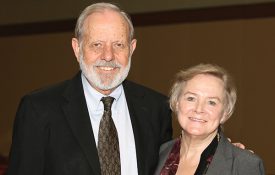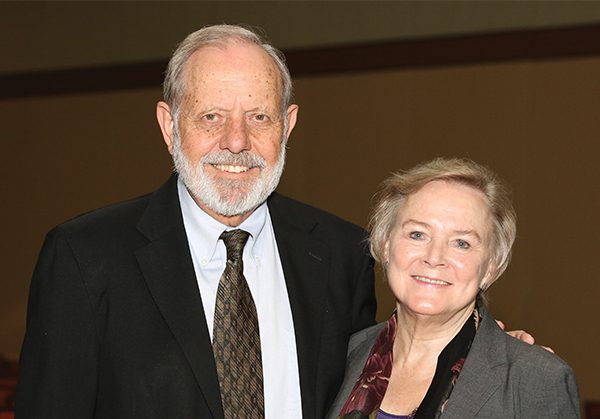
About the Observer
The Observer is the online magazine of the Association for Psychological Science and covers matters affecting the research, academic, and applied disciplines of psychology. The magazine reports on issues of interest to psychologist scientists worldwide and disseminates information about the activities, policies, and scientific values of APS.
APS members receive a monthly Observer newsletter that covers the latest content in the magazine. Members also may access the online archive of Observer articles going back to 1988.












